Shanghai-based semiconductor company Advanced Micro-Fabrication Equipment has filed a lawsuit with a U.S. court against U.S. Department of Defense for including the firm on the list of "Chinese military companies", the company said on Friday.
It said on its official WeChat account that the department's decision to include the company in the CMC list is wrong, incongruent to facts, lacks legal basis and is contrary to due processes. The company's reputation has been seriously impaired by this decision. Therefore, AMEC has asked the court to order the DOD to revoke this "erroneous decision".
In January, the DOD added AMEC to the list which the department claimed was "in accordance with Section 1260H of the National Defense Authorization Act for Fiscal Year 2021", or the so-called 1260H List.
The list was released on June 3, 2021, to restrict access of Chinese companies operating in the U.S. to some defense contracts if they are allegedly aiding China's military. The list was revised on Oct 5, 2022, and Jan 31 this year. A total of 73 Chinese companies were included in the list upon the latest revision.
Ever since then, AMEC has made every effort to communicate with the DOD to clarify the facts and provide ample evidence showing that it does meet the criteria of the CMC list. AMEC strictly follows laws and regulations both at home and abroad. It has never taken part in any military-related activities, the company stated in the announcement.
Requests of being removed from the list have been made, but they were not met as the date of the lawsuit, AMEC said in the Friday announcement.
Actually, it is not the first time that AMEC has confronted the DOD. In January 2021, the DOD added AMEC into the Communist Chinese Military Companies List. But the company was removed from the list five months later upon submission of adequate facts and complaints to the DOD.
"We were shocked to find us included in the DOD's military-related list, again. The decision is wrong and unfounded," AMEC's Chairman Yin Zhiyao said on Friday.
"We believe that the court will make a fair decision to remove AMEC from the CMC list. At the same time, we are willing to continue communication with the DOD to resolve the existing disputes amicably and appropriately," said Yin.
The STAR Market-listed AMEC saw its price down by 1 percent to close at 146.92 yuan ($20.5), while the benchmark Shanghai Composite Index climbed 0.07 percent.
Founded in 2004, AMEC reaped a total sales revenue of about 1.61 billion yuan in the first quarter of this year, rising 31.23 percent from a yearly basis. Its net profit after deducting non-recurring gains and losses jumped 15.4 percent year-on-year to 263 million yuan in the first three months.
In light of AMEC's progress in the development of advanced etching equipment and rising product coverage in thin film deposition equipment, analysts from SDIC Securities gave AMEC a buy rating in their latest report and set the target price at 172.38 yuan for 2024.
However, SDIC Securities experts also pointed to the potential impact on the entire supply chain due to the strained trading relationship between China and the U.S..
AMEC is not the first Chinese company filing lawsuit against the DOD.
In late January 2021, Chinese smartphone maker Xiaomi filed a lawsuit against the DOD for the latter's decision of adding Xiaomi into a sanction list for military related businesses. Four months later, Xiaomi was removed from the list as the court ruled there was insufficient evidence to justify the decision.
Shanghai-based Hesai Technology, the world's largest maker of laser sensors for electric cars, was included in the 1260H List in late January. The DOD's explanation was that Hesai has posed a threat to U.S. national security.
Nasdaq-listed Hesai sued the DOD in May, saying that there was no evidence showing the company is connected to the Chinese military and describing DOD's move as "arbitrary and capricious". According to Financial Times' report on Tuesday, the DOD has decided to remove Hesai from the blacklist, quoting people familiar with the matter by saying that Hesai's inclusion "did not hold up to legal scrutiny under the criteria outlined in the 2021 legislation".
Geopolitical tensions, especially the aggravated external competition in the short run has formed pressure and challenges for Chinese manufacturing sectors, said Ji Jianjun, a researcher with the Chinese Academy of Macroeconomic Research. But Chinese companies have thus accelerated to move up the value chain of the manufacturing industry by stabilizing the supply chain and churning out more high-end products.
From the longer term, the changes in the geopolitical relations cannot reverse the major trend of globalization, the comparative advantages of Chinese manufacturing and Chinese manufacturing companies integration into the global supply










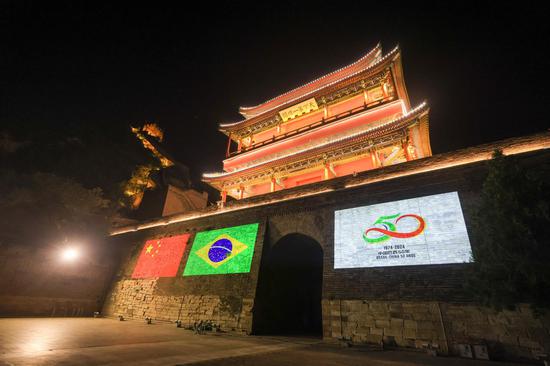





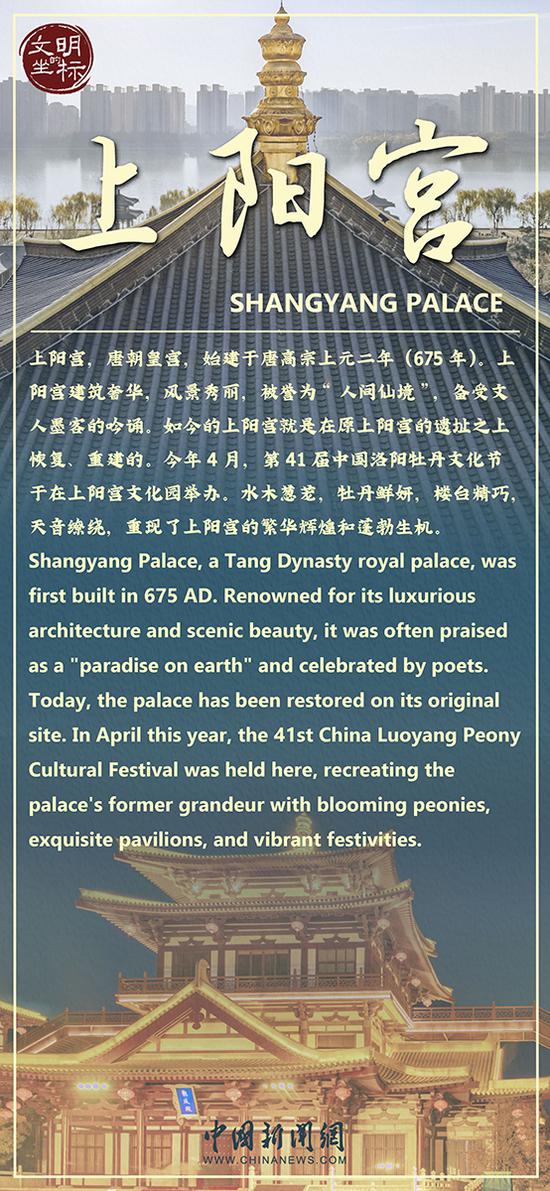











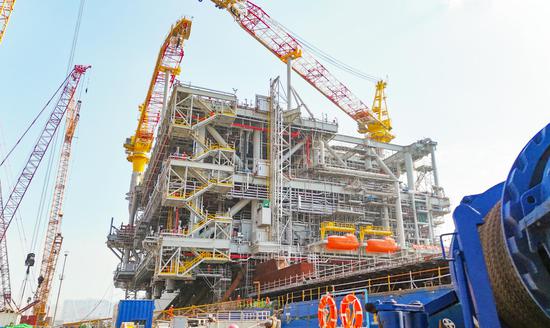
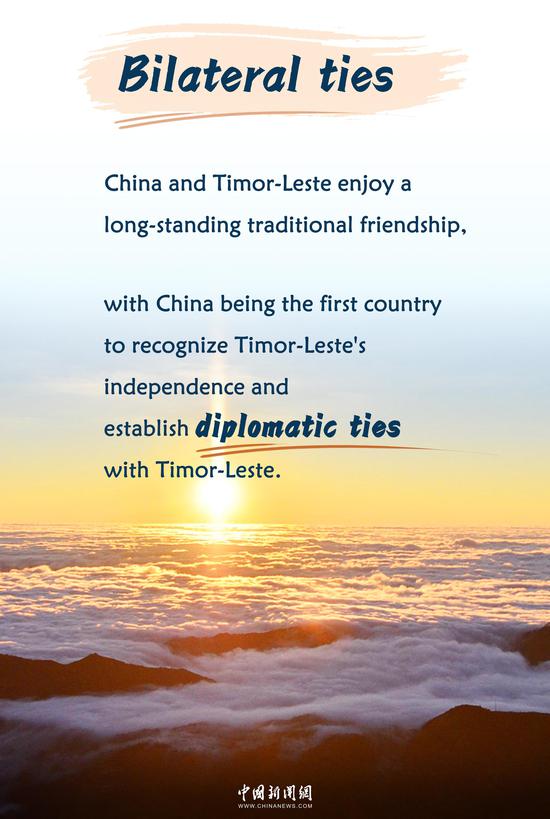
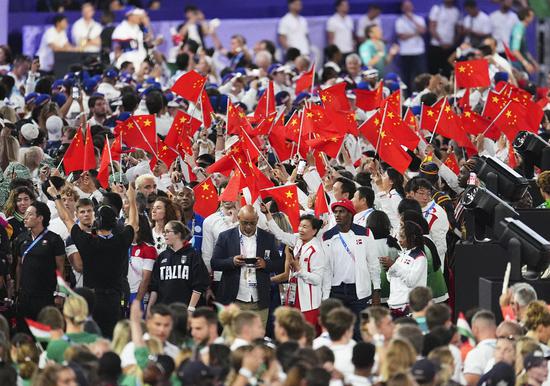






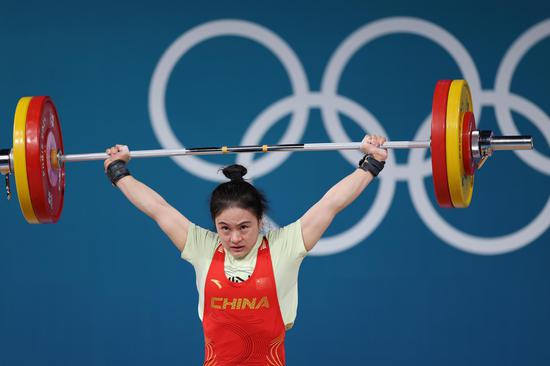



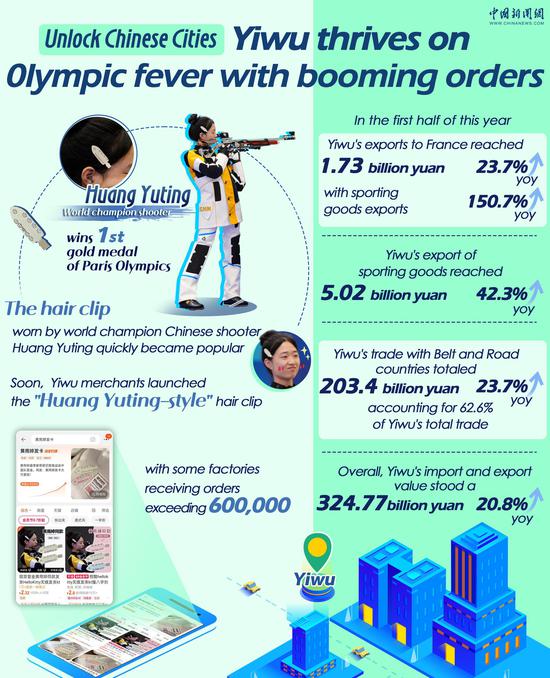
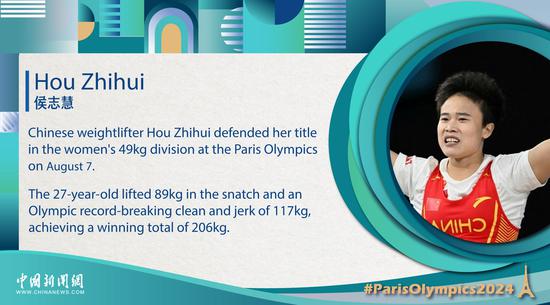
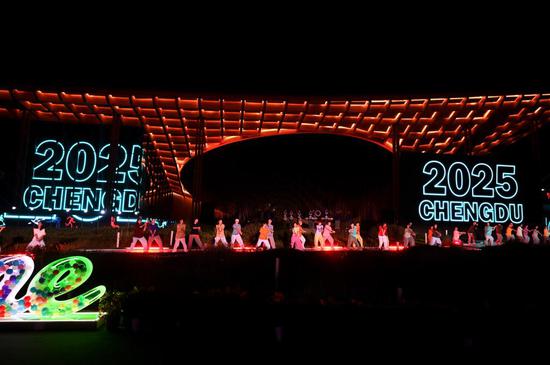


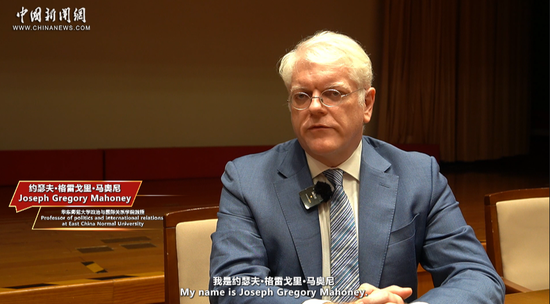



 京公网安备 11010202009201号
京公网安备 11010202009201号